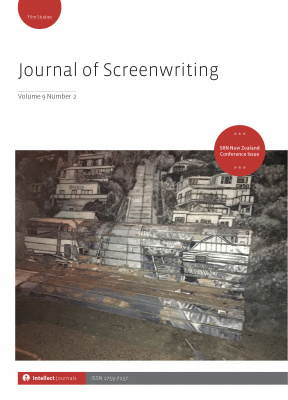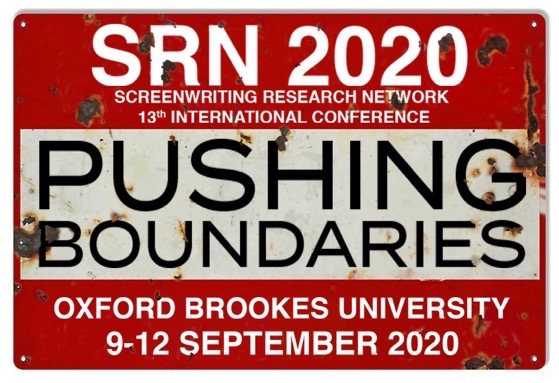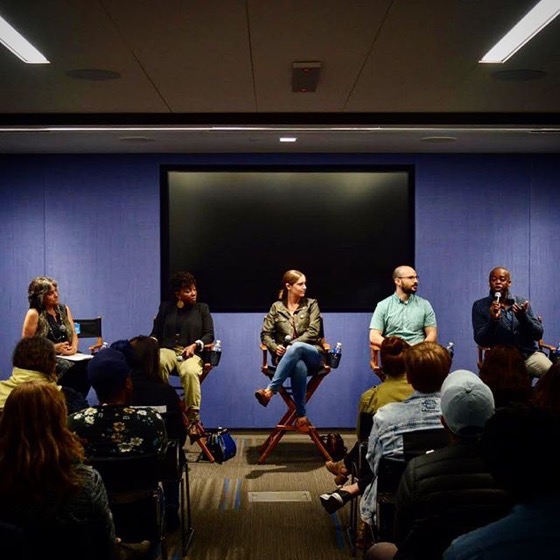What is the best theory of story structure for screenwriting, and why?
For the last several years I have taught using the 11 Steps of Dr. Jule Selbo’s “Screenplay: Building Story Through Character”. I find many of the other lists of Steps to be far too finicky while Selbo’s are streamlined to the most important moments to hit to illustrate character growth. Being both an academic AND a practitioner (having written scripts for everyone from Disney to Lucasfilm) she knows what she’s talking about and in her book she provides a huge section that shows how the 11 Steps appear in many classic and current films.
It is easy to use Selbo’s 11 Steps practically off the cuff in any classroom discussion on any movie by asking the questions and the moments are so ingrained in our minds that the answers come easily to questions like the master question “What does the lead character Want?” and even to trickier questions like “When do they receive their second chance at their want?”
* A portion of each sale from Amazon.com directly supports our blogs
** Many of these books may be available from your local library. Check it out!



![27 Nnedi Okorafor from The Sisterhood of Science Fiction – Dr. Rosanne Welch [Video] (23 seconds)](https://rosannewelch.com/wp-content/uploads/2019/11/scifi-rmw-cpp-27.jpeg)


![Listen To The Podcast: Location as Character: The Craft of Writing Place Panel Panel at The Writers Guild Foundation [Audio]](https://rosannewelch.com/wp-content/uploads/2019/11/ColumbiaCollegeOct1.jpg)


![26 Margaret Atwood from The Sisterhood of Science Fiction – Dr. Rosanne Welch [Video] (48 seconds)](https://rosannewelch.com/wp-content/uploads/2019/11/scifi-rmw-cpp-26.jpeg)
